.jpg)
Agreeing with the delegates' opinions, voters said that the issue of salaries for civil servants, especially at the commune level after the reorganization, is the key to unblocking the apparatus's motivation and creating conditions for grassroots cadres to feel secure in their contributions.
Decentralization must go hand in hand with the capacity and livelihood of the executor.
During the discussion session on the results of the implementation of the 2025 socio -economic development plan and the 2026 plan, many National Assembly deputies paid special attention to the issue of operating the 2-level local government model in the context of innovation in the state apparatus. From the story of decentralization and delegation of power, to the quality of grassroots cadres and civil servants, strategic infrastructure investment, each content was approached by deputies with a spirit of reformist, based on practice and with high responsibility to voters and to the National Assembly .
Many voters expressed their agreement with the viewpoint of National Assembly Deputy Nguyen Quoc Han (Ca Mau) when he said that the policy of reorganizing and streamlining the administrative apparatus in recent times has created positive changes, but the implementation efficiency among localities is still not really uniform. Some important areas such as land management, public investment, mineral exploitation, education , and health care still have overlaps and lack of clarity in decentralization and delegation of power between government levels.
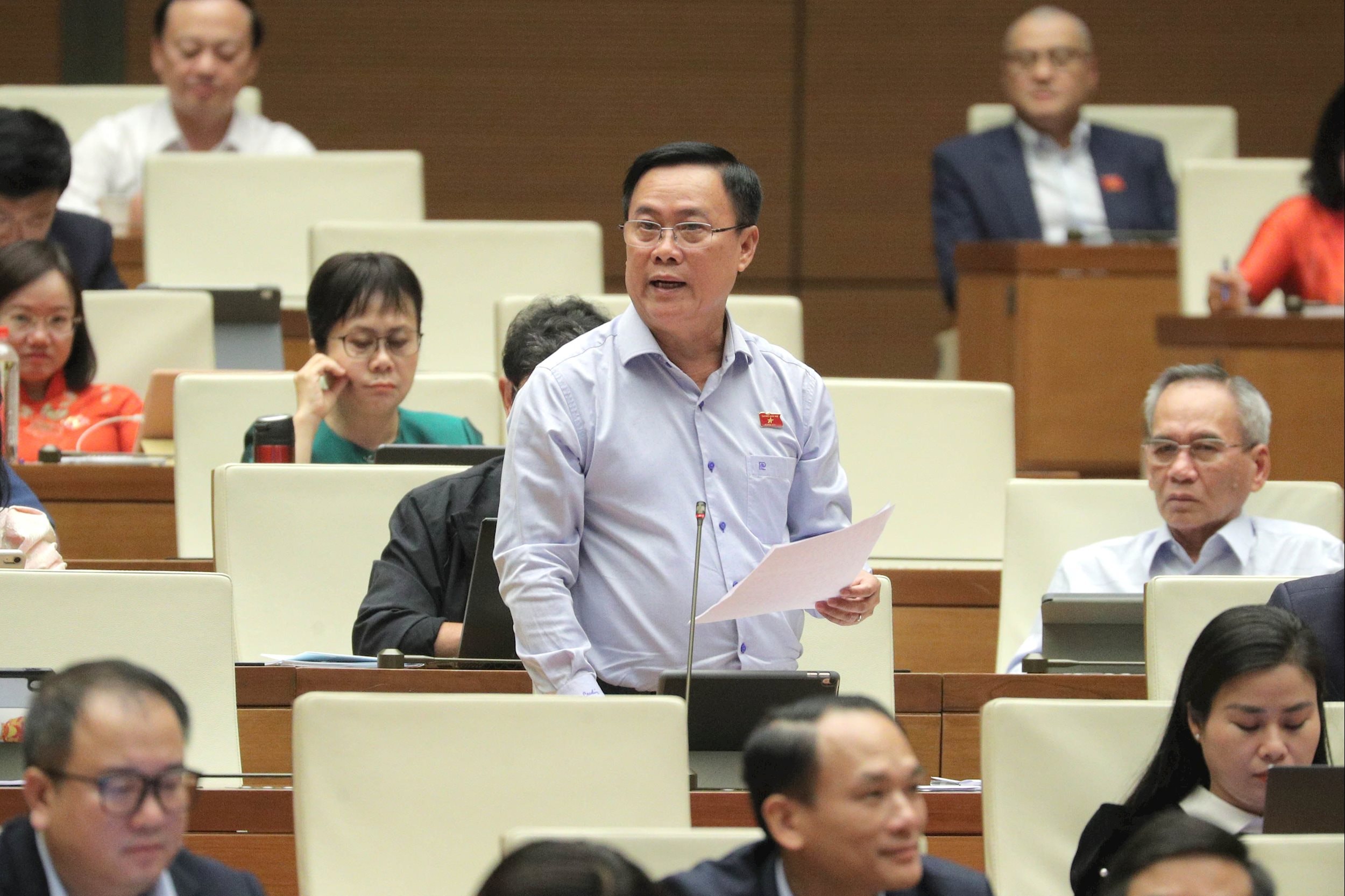
The discussion opinion of delegate Nguyen Quoc Han has "hit the pulse" of the biggest "bottlenecks" in the operation of the current 2-level local government model. In particular, when the delegate emphasized: "Strong decentralization to localities, while clearly defining the responsibilities of the leaders, is an urgent requirement. Only when the authority and responsibility are clearly defined, can the initiative and creativity of the grassroots government be promoted, creating real convenience for people and businesses.
"From the practice of management at the grassroots level, I recommend that the Government and ministries and branches need to review the entire legal system, promptly amend and supplement inappropriate regulations; eliminate duplication and overlap to ensure consistency and smoothness in direction and administration from the central to local levels" - voter Le Van - Quy Nhon ward, Gia Lai province suggested.
Voters expressed their hope that the Government is urgently completing documents to report to the Politburo, which will soon create an official legal basis for clearly defining the organizational structure of the grassroots government, replacing the "temporarily prolonged" situation in the apparatus arrangement over the past time. Because when the new model is put into operation, many localities are confused in arranging personnel and determining specific tasks and powers.
Voters also hope that the synthesis and official allocation of staff will be implemented synchronously, closely following reality, ensuring that there are enough people to work, and that there is a legal basis for arranging, using and evaluating cadres and civil servants at the grassroots level. The "legitimization" of organization and staff will not only help localities stabilize their apparatus, but is also a prerequisite for improving the efficiency of serving the people.
Notably, with the decentralization and delegation of power reaching over 56%, voters expect the Government to continue to review and evaluate the feasibility of regulations, avoiding the situation of "decentralization but not enough power", "decentralization but lack of resources". People hope that the Central Government will listen to, absorb and promptly adjust the problems and shortcomings from the grassroots practice, so that the commune-level government truly has enough authority, conditions and capacity to quickly and effectively resolve the tasks directly related to the daily lives of the people.
Job positions, salary reform - Concerns of commune-level civil servants
The discussion session on the results of the implementation of the socio-economic development plan for 2025 and the forecast for 2026 became more lively when National Assembly Deputy Tran Quoc Tuan (Vinh Long) raised the issue directly: after the administrative unit arrangement, the workload increased, but the salary policy, allowances and job positions of grassroots officials remained almost unchanged. Voters nationwide, especially in rural and mountainous areas, deeply agreed with that statement. Mr. Le Hoang Hung, a land and construction official in Ha Tinh, expressed: "Listening to the delegate, I feel relieved. In the commune, the work is now 3 times more but the salary remains the same. If we keep "assigning work without decentralizing power", "reducing staff without increasing benefits", then grassroots officials will only know how to fend for themselves."
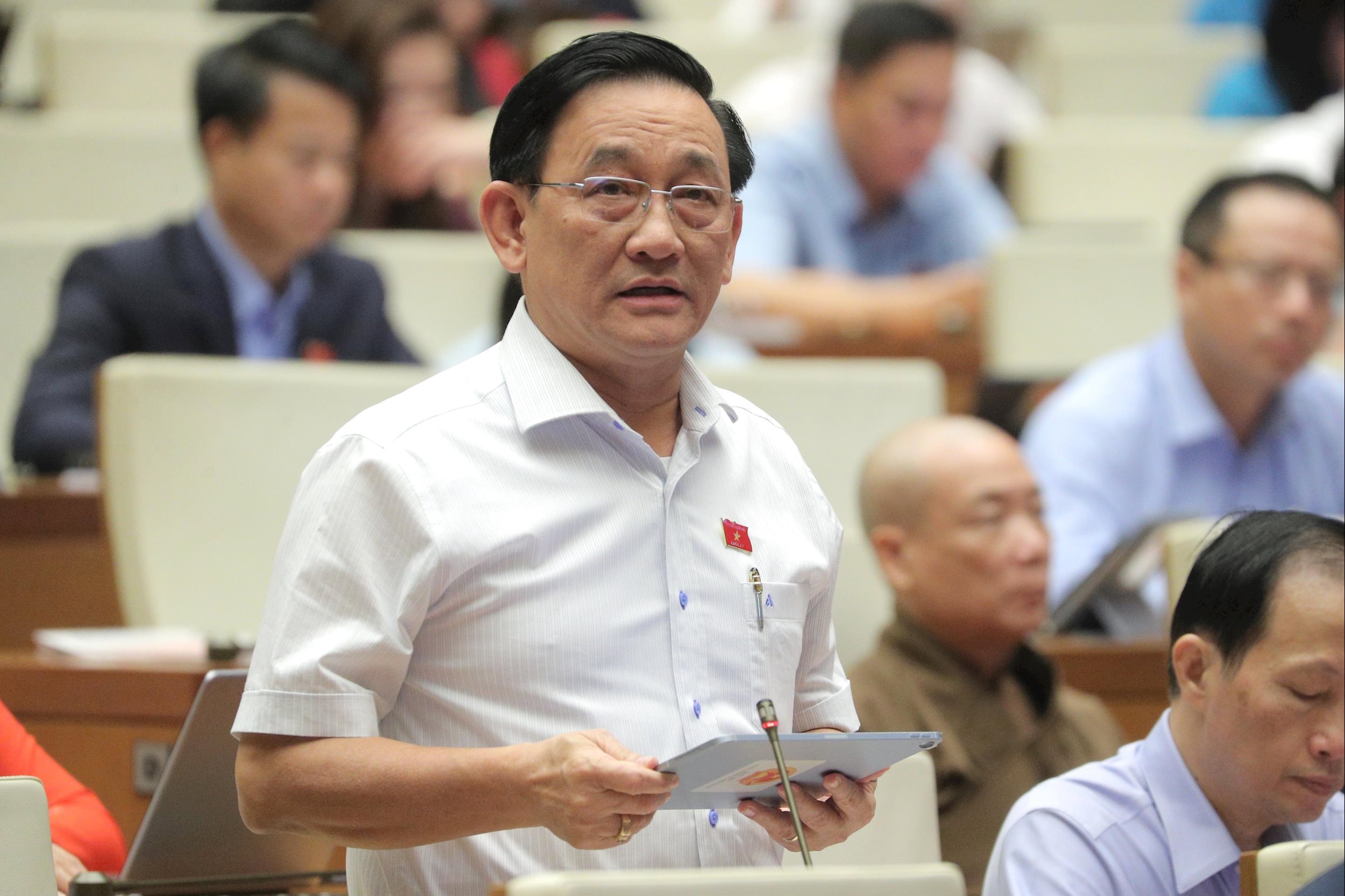
From Quang Tri, Lam Dong to Dong Thap, many voters reported similar situations: officials had to travel further after the merger, living expenses increased, real income decreased by 10-12%, while travel and public service allowances have not been adjusted. "No one wants to argue about money, but if we continue to live in poverty, how can we feel secure in contributing?", a voter from Nghe An confided. Agreeing with the proposal of delegate Mai Van Hai (Thanh Hoa) asking the Government to soon complete the job position framework and reform the salary policy linked to public service performance. Ms. Hoang Thu Hang - a delegate of the People's Council at the commune level in Thai Nguyen excitedly said: "Hearing the delegate speak warms my heart, because it is the true voice of an insider - someone who understands that salary is not just income, but an affirmation of the value of grassroots civil servants".
In fact, the issue of salaries for civil servants, especially at the commune level after the reorganization, is the key to unlocking the motivation of the apparatus, the conditions for grassroots cadres to confidently contribute. "Job positions and salary reform are two issues that commune-level civil servants like us are very concerned about. We expect the Central and Government to do it as soon as possible so that from 2026, the civil service in the new 2-level local government model will be clear and transparent. The regulation on salary reservation for civil servants will only apply until the end of December 2025, when it expires; so how will it be calculated from January 1, 2026? Temporarily like now, it is inevitable to have concerns" - Ms. Nguyen Thuy - a full-time People's Council delegate at the commune level in Ha Tinh wished.
Today’s salary reform – if done correctly and promptly – will be a strong message from the State : those who serve the People must live by their own efforts. As Deputy Prime Minister Pham Thi Thanh Tra affirmed, this is not just a policy reform, but a “revolution” that fundamentally changes the philosophy of organizing power at the local level – where the strength of the apparatus begins with the peace of mind and dedication of each person in it.
Source: https://daibieunhandan.vn/chinh-sach-tien-luong-diem-then-chot-khoi-thong-dong-luc-bo-may-10393756.html


![[Photo] Prime Minister Pham Minh Chinh attends the 5th National Press Awards Ceremony on preventing and combating corruption, waste and negativity](https://vphoto.vietnam.vn/thumb/1200x675/vietnam/resource/IMAGE/2025/10/31/1761881588160_dsc-8359-jpg.webp)


![[Photo] Da Nang: Water gradually recedes, local authorities take advantage of the cleanup](https://vphoto.vietnam.vn/thumb/1200x675/vietnam/resource/IMAGE/2025/10/31/1761897188943_ndo_tr_2-jpg.webp)


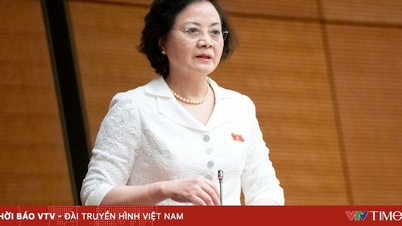

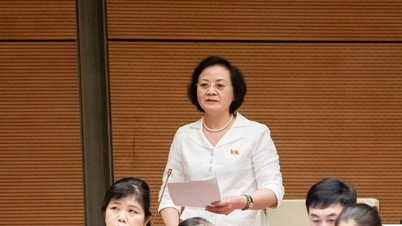
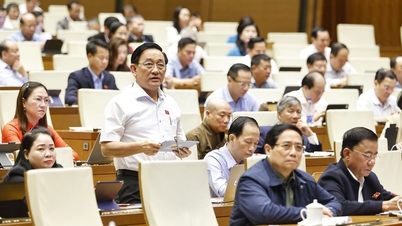



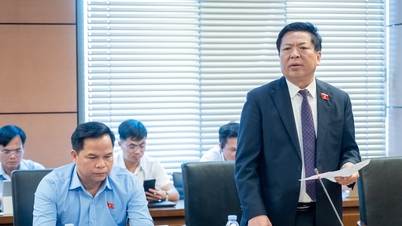
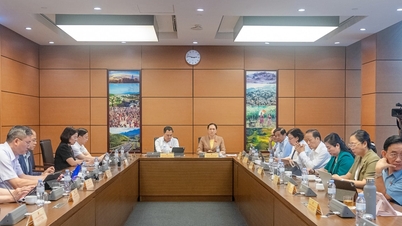
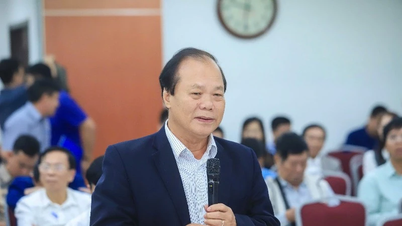



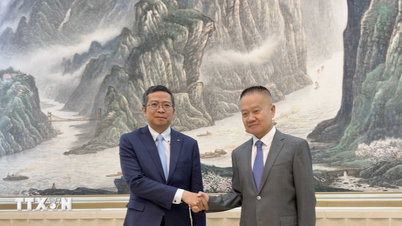


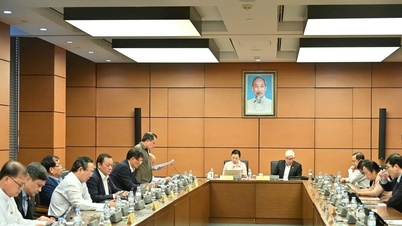




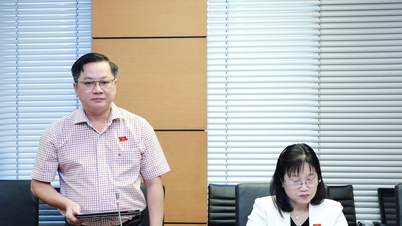

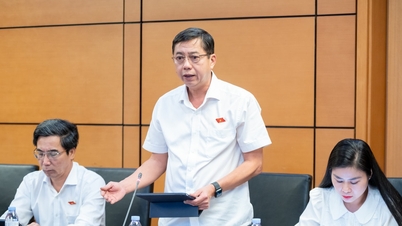

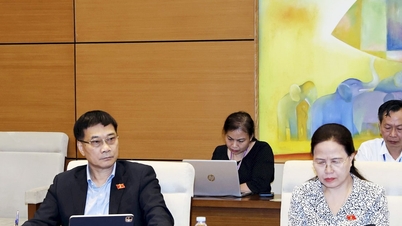
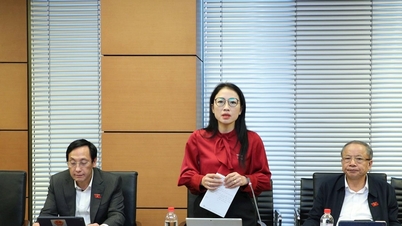










































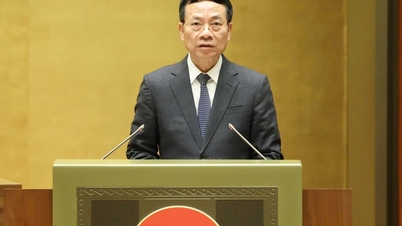




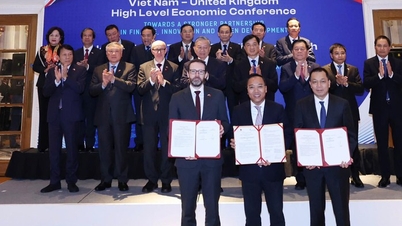





















Comment (0)